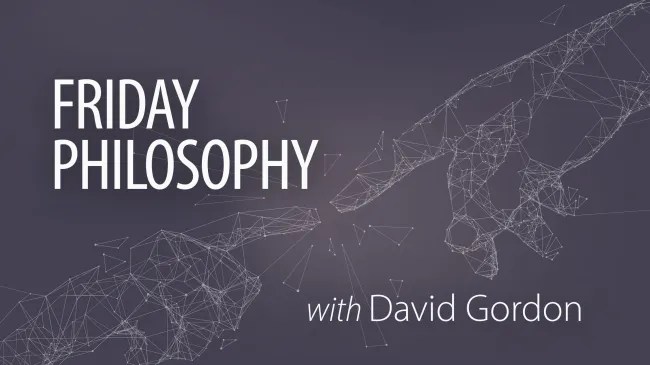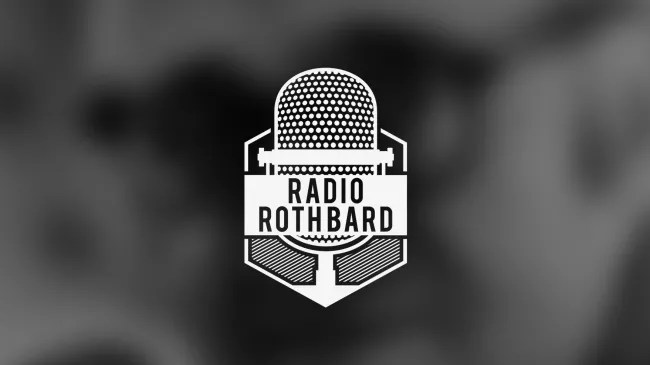The problem with ‘work or starve’
Critics of capitalism claim that private enterprise gives workers the unhappy choice of either working difficult, low-paying jobs or outright starving. The claim is false and the history of capitalism tells a different story.










